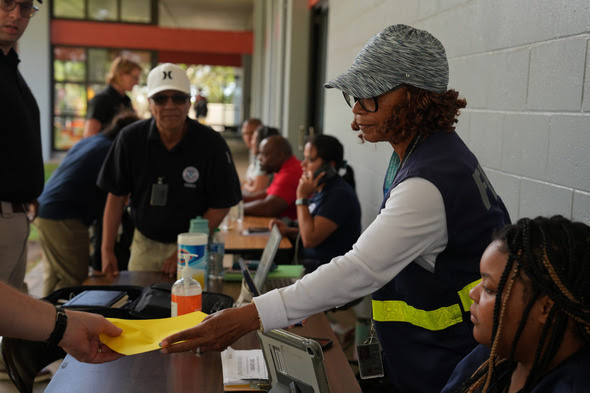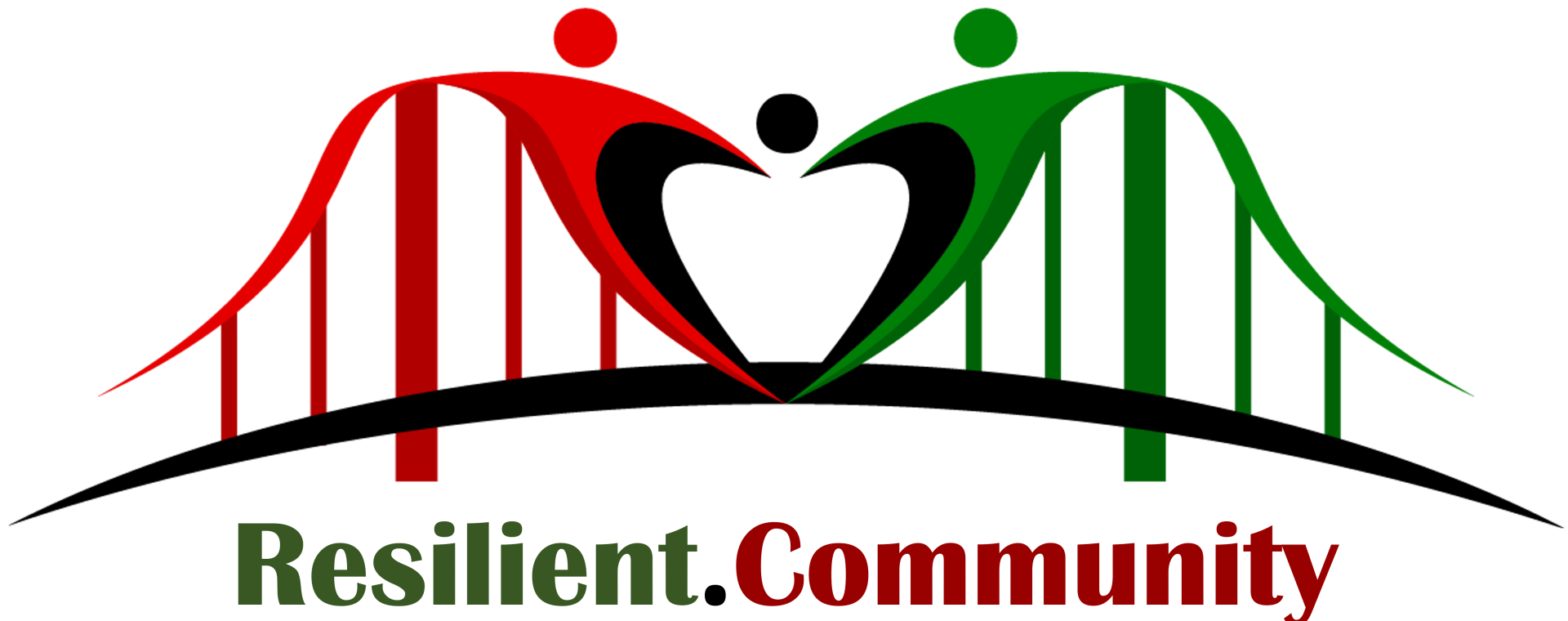Conversation for Funders on Reforms for disaster assistance
A Conversation for Funders on Reforms for Disaster Assistance to Help Survivors Recover Faster Webinar
Thursday, April 4, 2024, at 3 PM EST / 12 PM PST

 |
Please join the Center for Disaster Philanthropy and the Federal Emergency Management Agency for a call on FEMA’s reforms for disaster assistance to help survivors recover faster. This webinar is aimed at helping funders and other philanthropic partners understand the impact of the changes on their giving strategies.
With the increased frequency of extreme weather events fueled by climate change, these updates will provide survivors with faster and easier access to resources they need after disasters. FEMA developed these new forms of assistance based on direct feedback from survivors and in response to threats the nation faces due to our changing climate. These reforms will create more equitable outcomes for all communities by increasing accessibility and eligibility for post-disaster support.
For decades, FEMA has collected feedback from disaster survivors, communities, and stakeholders, including public comments the agency solicited in 2021 on improving the Individual Assistance program. State partners and members of Congress have echoed these concerns and pressed for simpler, more straightforward programs to assist individuals across the country as they recover. These reforms are in response to these requests. You can learn more about the changes here.
FEMA Reforms Disaster Assistance to Help
Survivors Recover Faster
 |
 |
With the increased frequency of extreme weather events fueled by climate change, these updates will provide survivors with faster and easier access to resources they need after disasters. FEMA developed these new forms of assistance based on direct feedback from survivors, and in response to threats the nation faces due to our changing climate; they will create more equitable outcomes for all communities by increasing accessibility and eligibility for post-disaster support.


